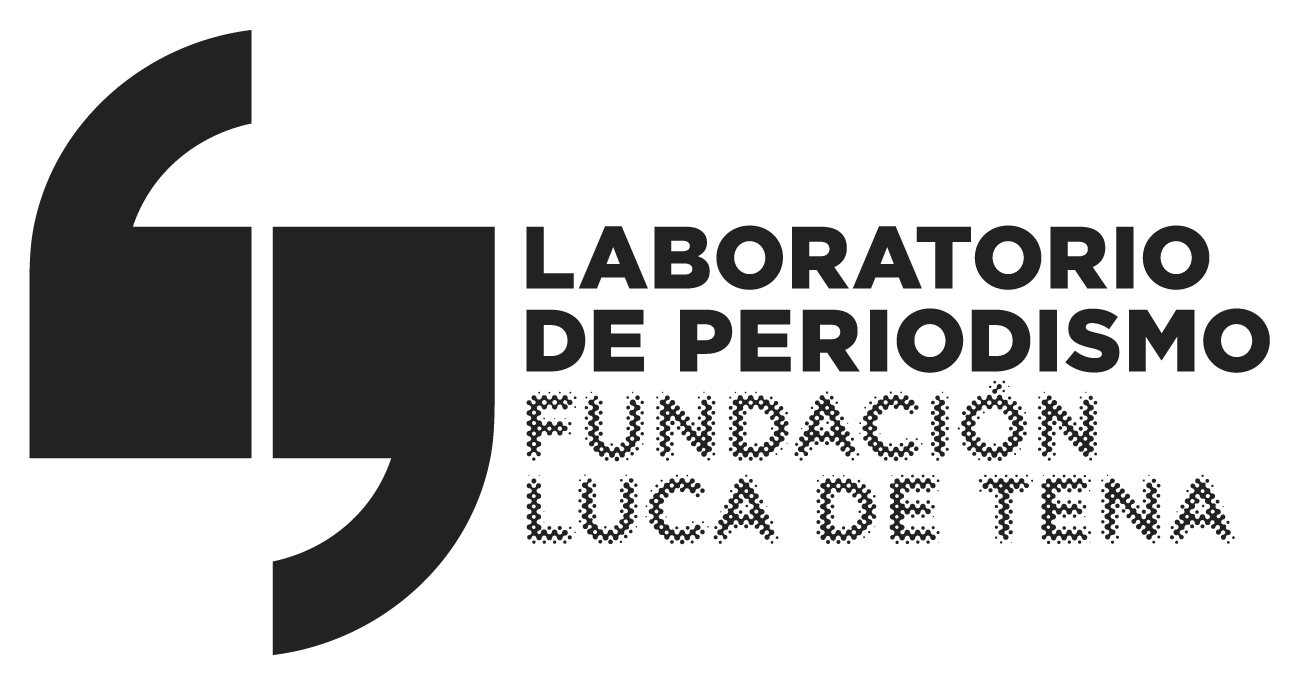Before becoming a journalist, Nick Waters served as a British infantry officer. After doing a tour in Afghanistan, he enrolled in a Masters in conflict, security and development at King’s College. He wanted to know how foreign policy worked. One day Waters saw his colleague Christiaan Triebert at the library, looking at a map and at a video of an airstrike. Triebert, who now works at the New York Times, told him he was trying to geolocate the attack. He explained what geolocation was, how it was done, why it was important. Waters found it fascinating. He wanted to learn.
Inicio Lo que estamos leyendo How Bellingcat collects, verifies and archives digital evidence of war crimes in...



